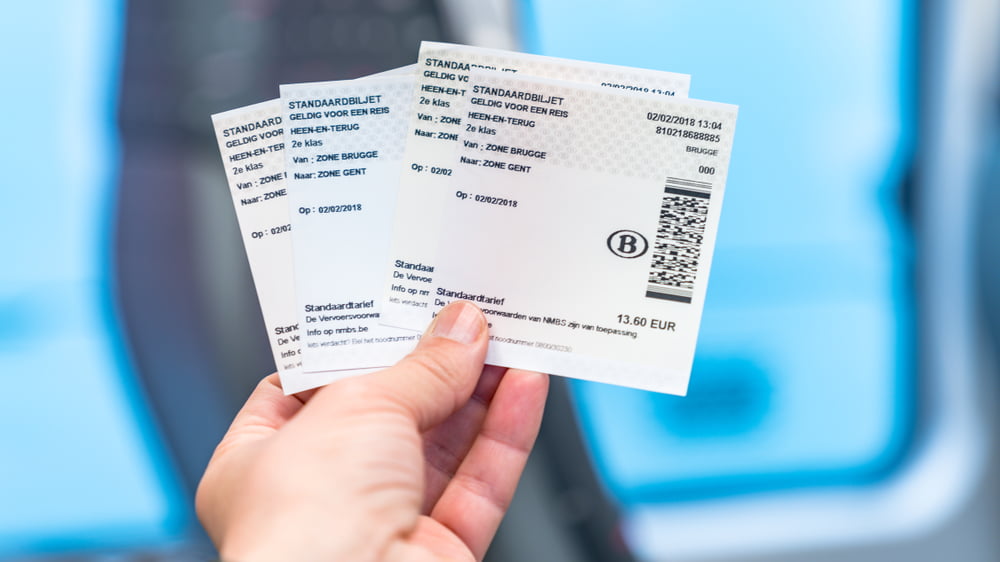NMBS's choice is not surprising because closing counters is part of an international trend.
In an era where digitalization seems inevitable, concerns are growing about the accessibility of public services for all sections of the population. A recent development at the Belgian railways, the NMBS, where the decision was made to limit the opening hours of ticket offices in certain Brussels stations to weekdays only, has caused a wave of criticism. This measure, intended to respond to the increasing trend of digital ticket sales, has not only raised questions about the future of personal services in public transport but also about its social impact.
NMBS points to the strong increase in digital ticket sales as justification for this decision. According to their data, today almost ninety percent of travelers buy their tickets digitally or via ticket machines, a significant increase compared to the situation in 2015, when around half of tickets were still purchased at the counter. This shift is seen by NMBS as a sign of progress and adaptation to the contemporary needs of travelers.
However, the criticism from various quarters highlights an important concern: the accessibility of public transport for all. Ronald Vryweg, director of the Brussels Elderly Platform, emphasizes that digitalization in itself is not a problem, but warns against creating obstacles that hinder participation in social life. The elderly, people in poverty and newcomers who do not speak the language are particularly at risk of being excluded from essential services such as public transport.
Kees Smilde of traveler organization TreinTramBus points out another important aspect of counter services: in addition to ticket sales, they also offer travel advice and increase social control within stations, which leads to a safer and more inviting environment. Closing counters, especially on weekends when many people are engaged in leisure activities, is seen as a decline in service delivery.

If Belgium follows the same path as the Netherlands and Norway, will older people still take the train?
The discussion surrounding the closure of counters in Brussels reflects a broader debate about how public services should evolve in the digital age. While technological advances provide opportunities for efficiency improvements and convenience for many users, it is essential that these developments do not come at the expense of accessibility and inclusivity. The concept of an age-friendly city, as proposed by the World Health Organization, emphasizes the importance of an inclusive approach that takes into account the needs of all age groups.
The issue of counter closures in Brussels serves as a reminder of the importance of a balanced approach to implementing digital innovations, taking into account the needs and limitations of all users. Ensuring accessibility to public services, including public transport, is crucial for promoting equal opportunities and the participation of all in social life.




